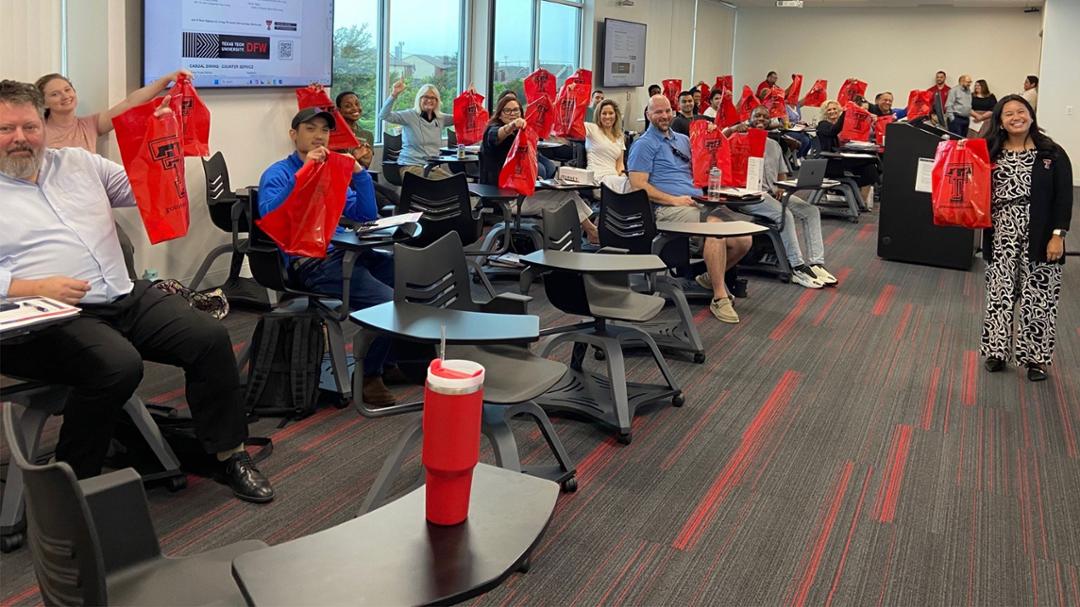Christie Loveless and George West-Perry are just two of a host of adult students returning to Texas Tech for its $10K completion program.
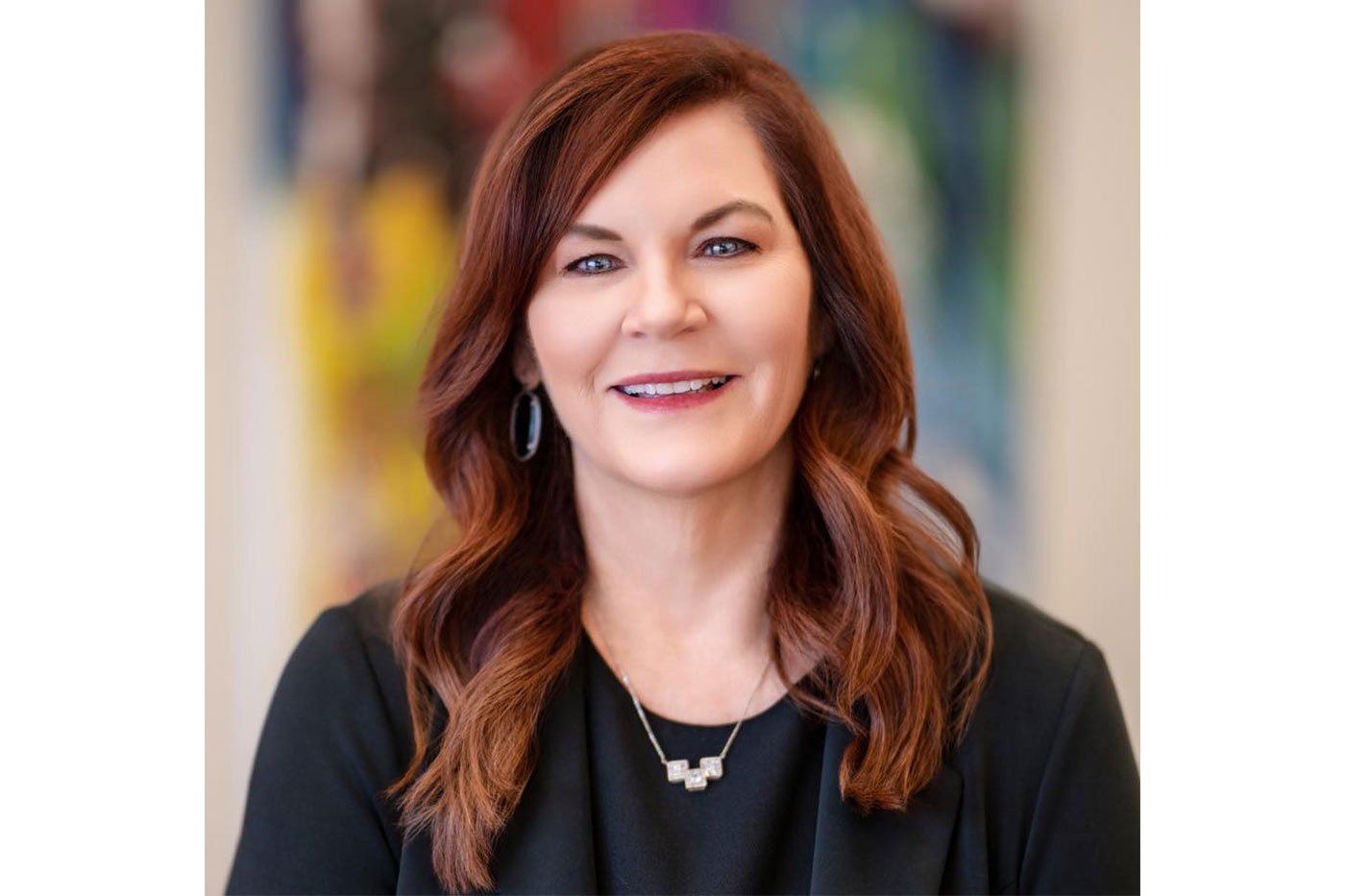
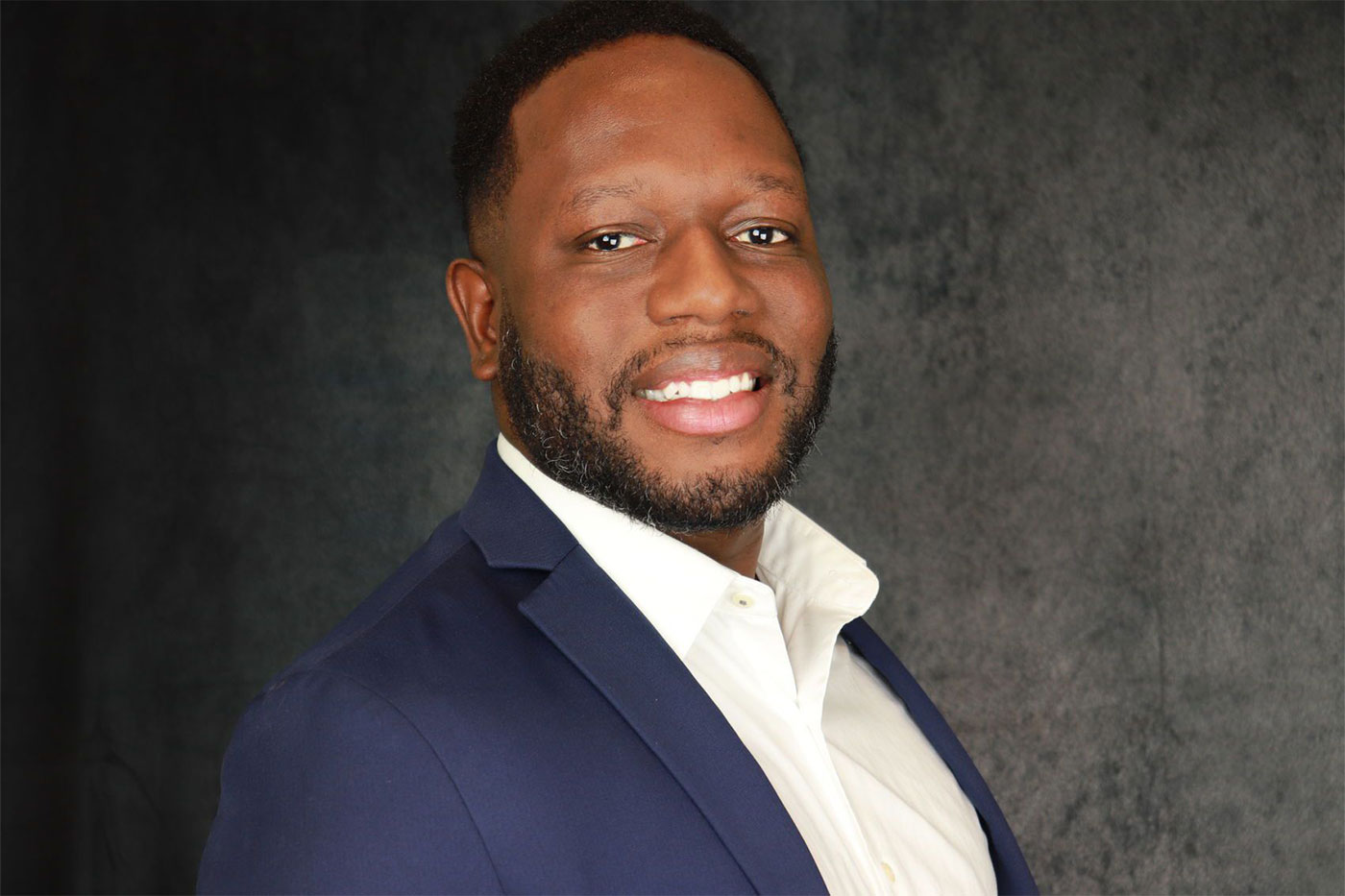
Christie Loveless and George West-Perry are just two of about 100 adult students on track to complete their bachelor’s degrees in Texas Tech University’s $10K Degree Completion program, which rolled out in May. The program is hybrid, with initial in-person requirements at the university’s DFW site. Both students attended Texas Tech for different amounts of time and in different decades – but the similarity is, for vastly different reasons, neither of them finished.
Top of Her Class
Christie moved from New Jersey to Texas with her family at a young age; her parents divorced around the time she was in third grade. Although she graduated in the top 10% of her high school class, college was not foremost on her mind. She would have been accepted almost anywhere. She had no idea where she should go, even though her dad, grandfather and uncle all attended Princeton.
Her older brother, Doug Campbell (or Dougie), whom she lovingly calls a “band nerd,” was – and still is – very gifted. There was no doubt in the saxophone player’s mind he would go to Texas Tech and march in the Goin’ Band from Raiderland, which he did in 1982.
“After our parents got divorced, I think everyone checked out on us. We were kind of feral – we were raising ourselves,” Christie chuckled. “So I just put in an application at Texas Tech. I knew I would have the comfort of my brother being there.”
Moving from the Dallas area to Lubbock and Texas Tech in fall 1984, Christie lived in Wall Hall and registered for 21 hours as a pre-law major. There were no computers or systems in place to monitor dropping classes and such. In her own words, she didn’t do well that first semester, which may have partially led to her leaving later, as her performance put her behind and on academic probation. Her second year, fall 1985, she pledged Alpha Delta Pi sorority and her best friend since kindergarten, Leslie, transferred to Texas Tech.
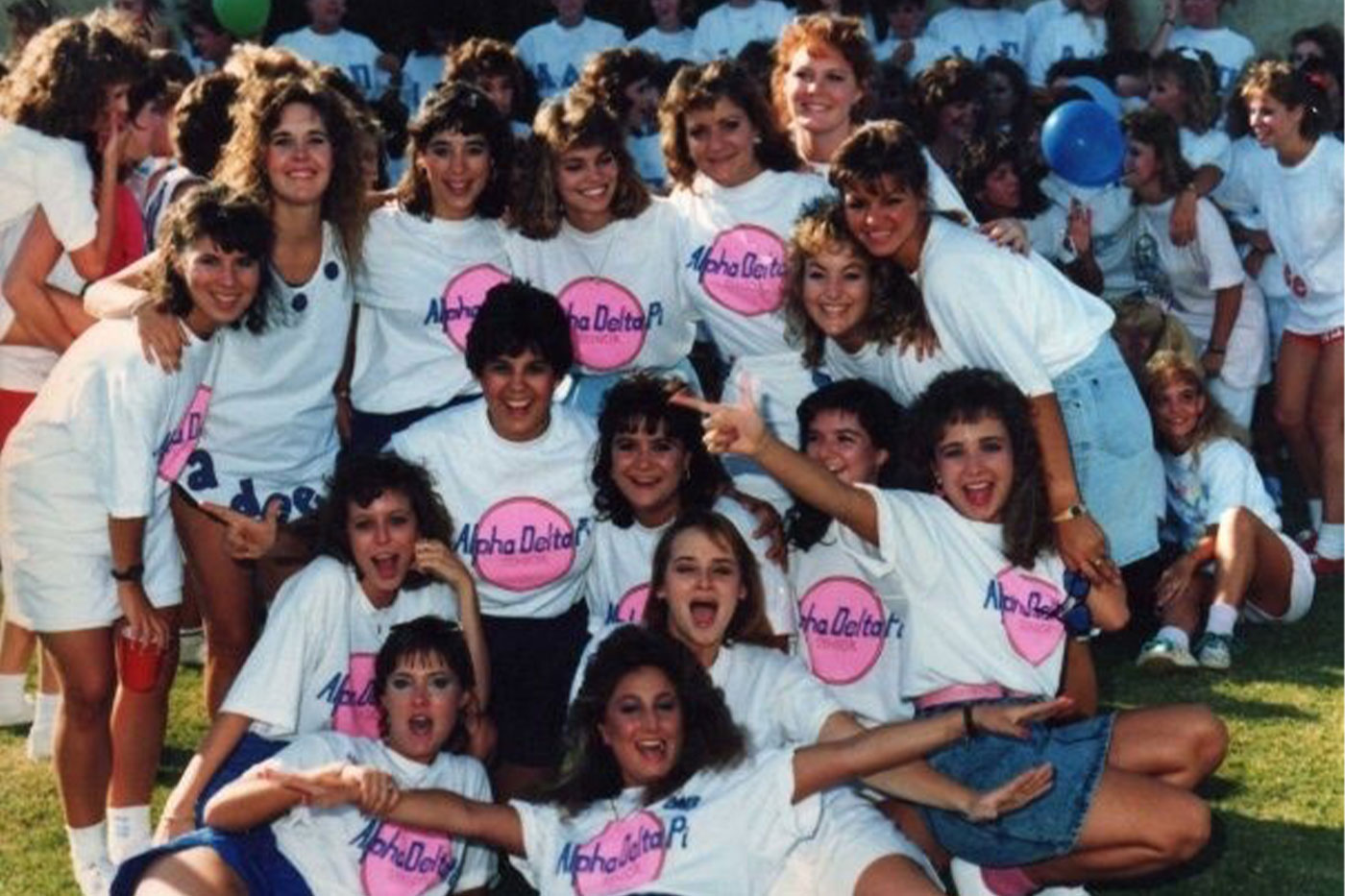
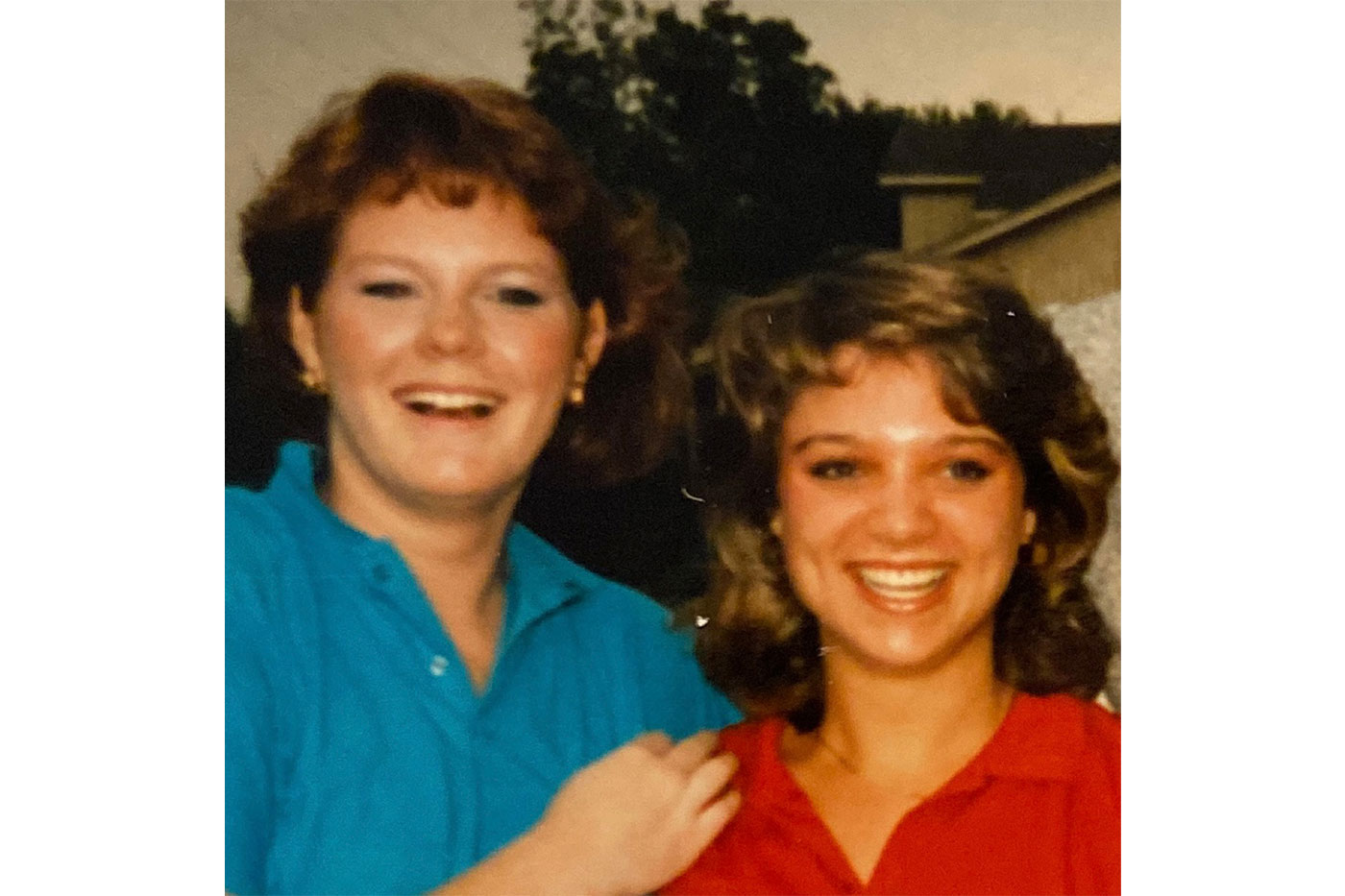
In the middle of the night in late October 1987, Christie got a phone call from Leslie. Leslie’s mother, Patsy Bolton Wright, had been murdered. The owner of the Palace of Wax in Irving, Texas, was poisoned by strychnine. The case remains unsolved.
Christie left campus immediately with Leslie to get her home. Although they tried returning a few weeks later, it was clear they both needed to be home indefinitely, with Christie lending support to her grieving friend.
Making it in Industry
George is a first-generation nontraditional student whose parents immigrated to America from Panama. While he was born and raised in New York, Texas has been home to him for nearly 10 years.
The early 2010s found George attending State University of New York (SUNY) College of Environmental Science and Forestry (ESF) and working in New York City with underprivileged youth as a cooking instructor in a program funded by the city. At the end of 2014, George learned the city was going to defund elements of the program, which included his cooking course. That initially sparked the need for him to find another university.
“I didn’t complete my degree at ESF. That was an environmental university, and I wanted to dive into food science full time,” George explained. “I had family who had recently moved from New York to Dallas, so Texas was already on my radar in that regard. I also looked into other institutions like Cornell, Framingham State, Texas A&M and Texas Woman’s. I presumed that Texas Woman’s didn’t accept men, but they do. Had I known, I might have come to be with family in Dallas.”
George explained that Texas Tech shined through because, “It’s going to sound silly,” he had read that Texas Tech had the largest water park for a university. He transferred to Texas Tech in January of 2015 to pursue a degree in food science. George admits he never actually went to the leisure pool while he was in Lubbock.
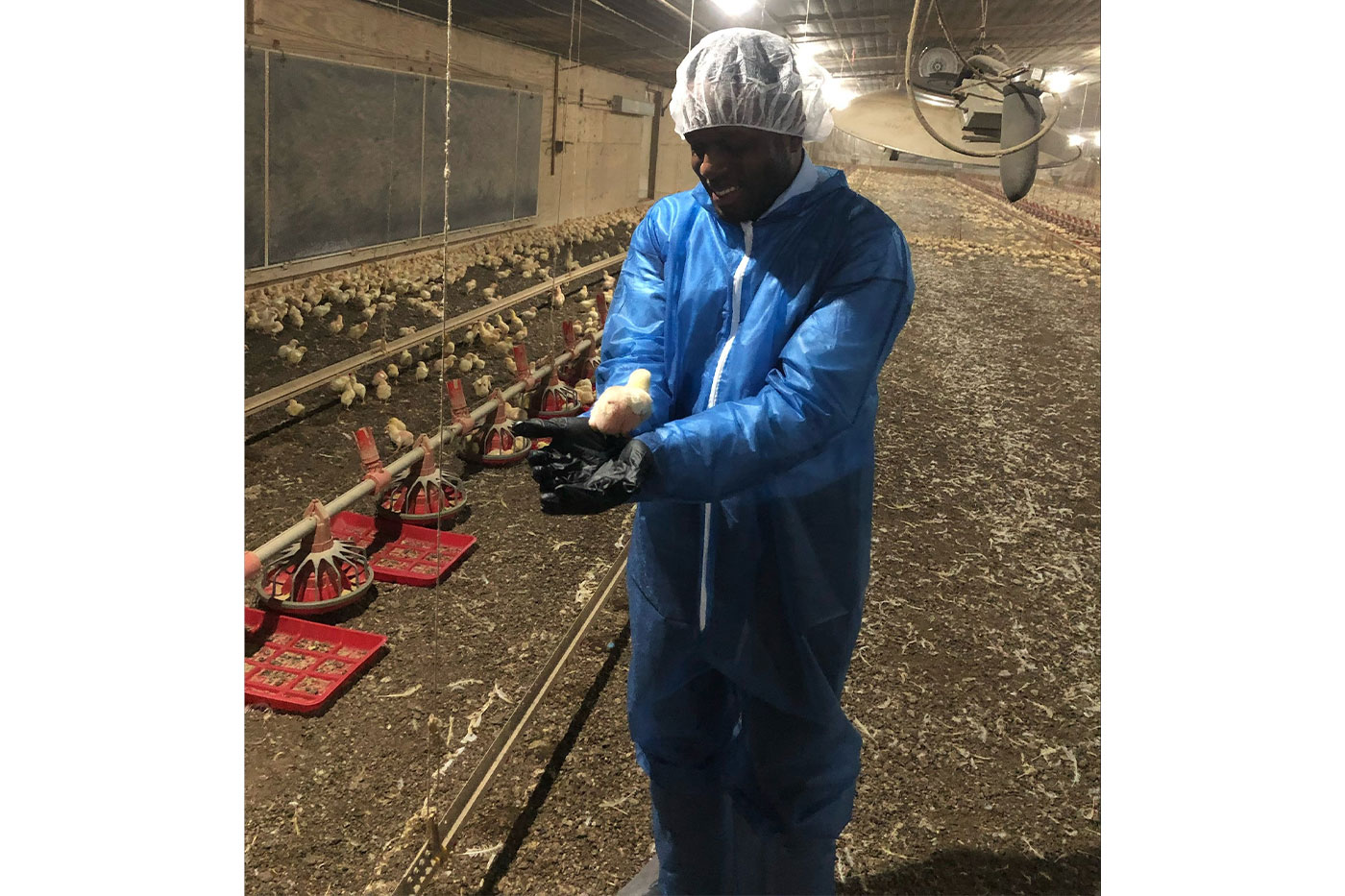
About a year and a half into his studies at Texas Tech, he had an internship to fulfill the food science degree, which soon became a full-time role as a microbiology supervisor at Dynamic Foods.
“I was at the university about two years, and then that opportunity just jettisoned me into the food industry,” George explained. “Full stop. And my life shifted gears.”
From Failing to Flourishing
After leaving Texas Tech, Christie began waiting tables. Not having had a stellar experience with pre-law, it was a bit ironic that one of her regular customers, a lawyer, offered her a job as a receptionist in his office.
Christie worked her way up to legal secretary, then paralegal. She eventually started her own process-serving business that lasted 13 years. Then a Tarrant County judge she’d known a long time offered her a job as court administrator. She worked her way up in that position as well.
She was Coordinator of the Year two different times and on the faculty of Texas Center for the Judiciary, training all new coordinators throughout Texas. She was chairman of the board for the Texas Association for Court Administration for four years, and she was accepted to the Fellows program at the National Center for State Courts, for which she did a three-year program and wrote a research paper that was cited in The Stanford Review.
“I’ve had a great career,” Christie reflected. “But I feel like you don’t get taken as seriously. You can be smarter than everyone in the room, but you don’t measure up because you don’t have that degree, as soon as somebody figures that out. I’ve not been able to apply for jobs that I was probably over-qualified for because I didn’t have that piece of paper. The most recent example wasn’t that long ago.”
In 2016, the judge she worked for lost her bid for re-election. Everyone got replaced even though she’d been there 12 years and had all that success. After a few unsuccessful endeavors, Christie was approached by a representative from General Dynamics; they needed someone to review contracts. The position paid great money, and she knew someone there doing the same thing; it would be a good job with travel.
Christie applied and sent in all the required items. Then they asked for documentation of her degree. She did not get the job.
“And that hurt,” Christie said, casting her eyes at the floor. “I thought I’d be doing court administration the rest of my life – why would I need that degree now? I tried to get another big-girl job; it was a ‘no.’”
Christie pivoted and went to real estate school. She has been thriving as a real estate agent for years.
Desire and Drive, Hope and Prayer
George now has about 10 years under his belt managing food safety programs for large corporations, most recently Wingstop. He was responsible for managing its global network of vendors making all the perishable goods for its 2,200 locations worldwide. He worked with suppliers to ensure products were being made not only in a safe manner but also to the standards and expectations of consumers.
But, in the middle of his upward trajectory, industry success came at a personal price.
With the experience he had accrued and the newfound large salaries he was earning, George hit a stretch where he became addicted to gambling.
It was his first time making a decent living, transitioning out of that hourly wage realm. He explained how difficult it was to navigate when struggling to manage an income, the likes of which he’d never seen.
“For about a year I found myself between a rock and a hard place,” he confessed, with no shame in his demeanor. “The facade was, ‘Hey, this guy is on his way up, great career in a great organization.’
“Unbeknownst to everybody, including friends and family, I had this huge struggle that placed me in situations and circumstances where lights were cut off, eviction letters were being levied and things of that nature. Through that process I wondered, ‘If I had completed my education, would my ability to bounce back from this rock-bottom environment have happened a little sooner,’ and the answer in my mind is ‘yes,’ but in reality, it did take multiple years to get back on my feet.”
Getting back to Wingstop, George collaborated with institutions such as Kansas State in a consumer research capacity. He even tried taking a semester of classes there. He never felt fully immersed in that community like he had at Texas Tech. He was “the transfer student” – not feeling quite included.
George kept in touch with Texas Tech alumni who were friends and colleagues, and he felt like that mattered. That meant something to him, seeing the Red Raider community still embracing him despite not completing his education there.
That put Texas Tech back on his radar – that desire to reengage with the institution and perhaps complete his education. More and more, George found there were challenges and roadblocks he was incurring in the professional world because he didn’t have his degree.
“I found that people underestimated my expertise and capabilities because I hadn’t completed my education in food science, but I was successful in the industry,” George said. “That caused anxiety as well, being able to read people’s body language and that kind of nuance, if you will.”
After losing his job at Wingstop earlier this year, most of the relevant jobs he looked at required a bachelor’s degree at minimum. They didn't even stipulate that it needed to be in food science or a related field; it could have been in anything, even English or literature.
George also told of a classmate, Steve Rodriguez, who was in the food science program with him. Now a food safety auditor for the National Sanitation Foundation, Steve graduated from Texas Tech about five years ago, and he gifted George his first Texas Tech tumbler as a token of encouragement.
“I still have that tumbler to this day, and that’s always kind of been the whispering in my ear to return to the institution,” George said softly. “I can’t tell you how many nights I spent here in Dallas, praying and wishing that Texas Tech would get closer to home, closer to my ZIP code.”
Cheering for the Red Raiders
Despite her abrupt departure from campus and not finishing her degree, Christie has always felt like a Red Raider. She counts Carol of Lights®, dorm life, sorority life and the Goin’ Band walkover on game day as her favorite memories of her time at Texas Tech.
But, for the past few years, she’s had an even more personal reason to cheer for the scarlet and black: her son Kolby, an online MBA student in Texas Tech’s Jerry S. Rawls College of Business, is an integral part of the Texas Tech Spirit Program’s large coed cheer team. He was also one of four Red Raiders highlighted in April on the ESPN+ series “Tryouts.” She is her son’s biggest fan – her real estate website and Instagram handle both involve versions of “kolbysmom.”

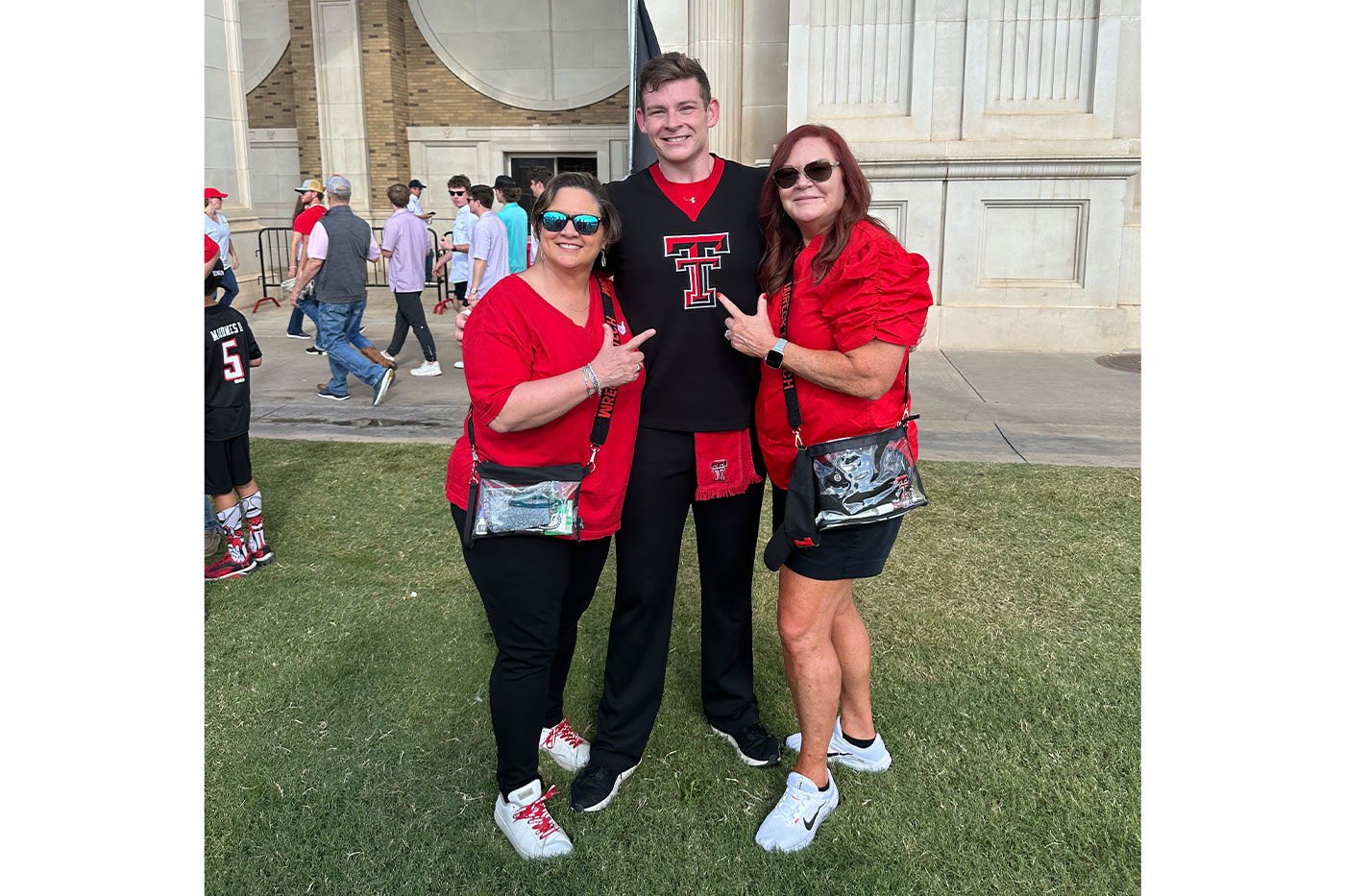
“I learned about the Goin’ Band game day walkover from my brother, and we never missed it,” Christie said. “We used to do it more, but now that Kolby’s been cheering – we usually go down for his walk in. But we try to do them both when we can.”
While Kolby was working toward his bachelor’s in business administration in management, she would tease him about going back to get her degree and graduating with him, to which he would reply, “Mom, don’t steal my thunder!”
Earlier this summer, Christie finally told Kolby of her completion plan, after trying to hide it from him for a couple of months. Not knowing how he’d react, she took him to dinner and ordered a margarita.
“I said, ‘I need to tell you something,’” Christie recounted, tears welling up again. “I told him, and he …” Christie makes a waterfall motion down her face. “He’s six foot-five. He started just crying happy tears in the middle of the restaurant.”
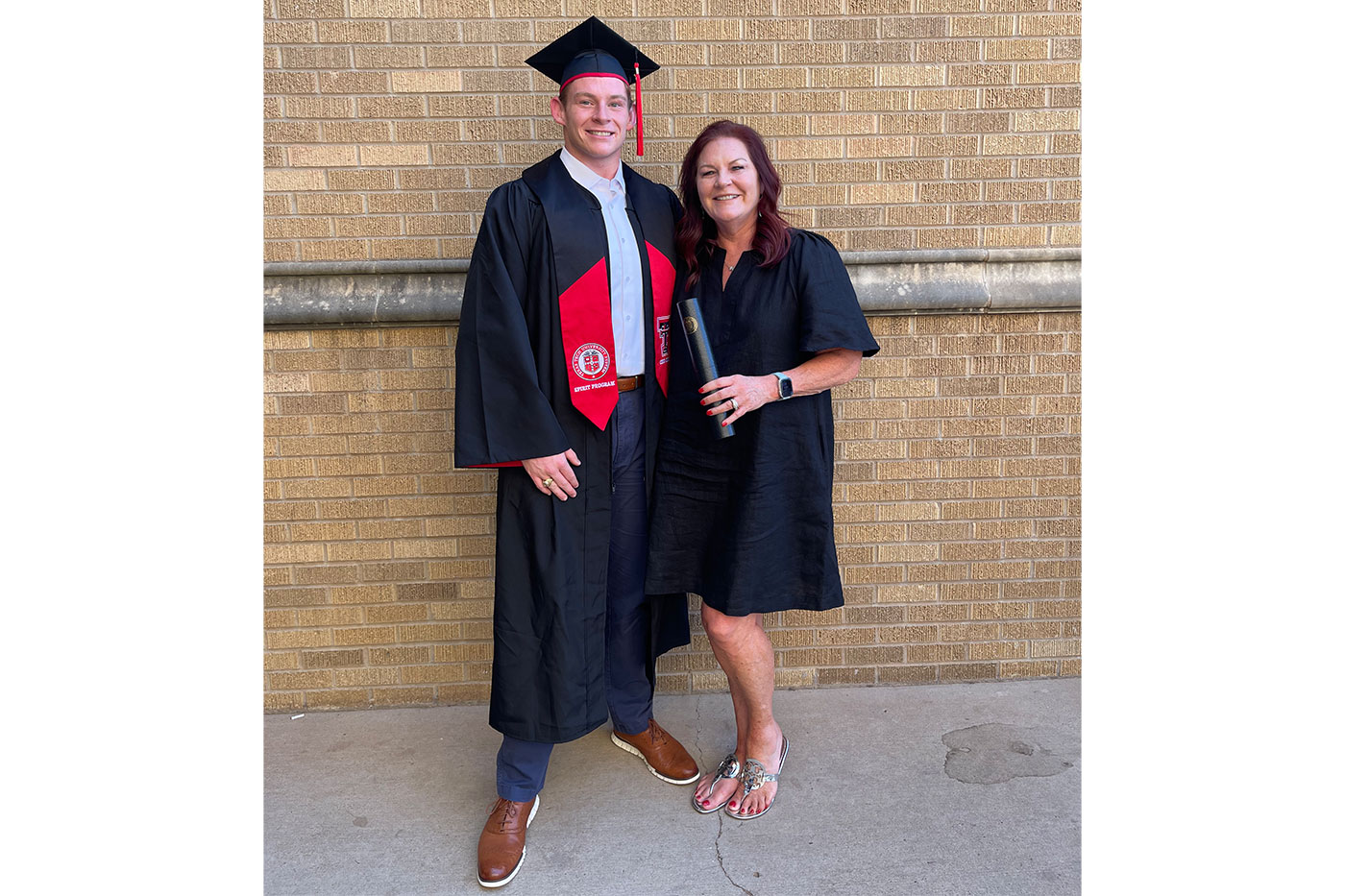
Now the two are intentionally planning to walk the stage together in summer 2025.
Besides her son, most of Christie’s lifelong friends have been Red Raiders. At this point she wouldn’t consider graduating from any other school.
“I am a Red Raider; I was a Red Raider, but then that gap … it was a long gap,” she sighed. “Since I hadn’t finished, I didn’t want to appear a fraud. But when Kolby started going here, I totally re-embraced it, like, ‘This is my school!’ When this 10K program came up on my feed, I was like, I’m doing it!
“I was scrolling on my phone one morning, I was on X, and I saw the $10K ad pop up, and in DFW! I clicked on it immediately, filled out the form right then, and someone called me back the next day.”
An Answered Prayer
George remembers precisely when he heard about the $10K degree completion program. The memory is vivid because it was April 10, the day of the solar eclipse. He saw it on LinkedIn, his favorite social media platform. His adviser, Madison, was assigned to him, and their introductory in-person meeting was a week later.
“As someone who had waited prayerfully, I really needed this to happen, for multiple years,” George said, even now breathing a sigh of relief. “And now I’ve finished the microcredentials and have been accepted into Texas Tech on track to graduate in December.”
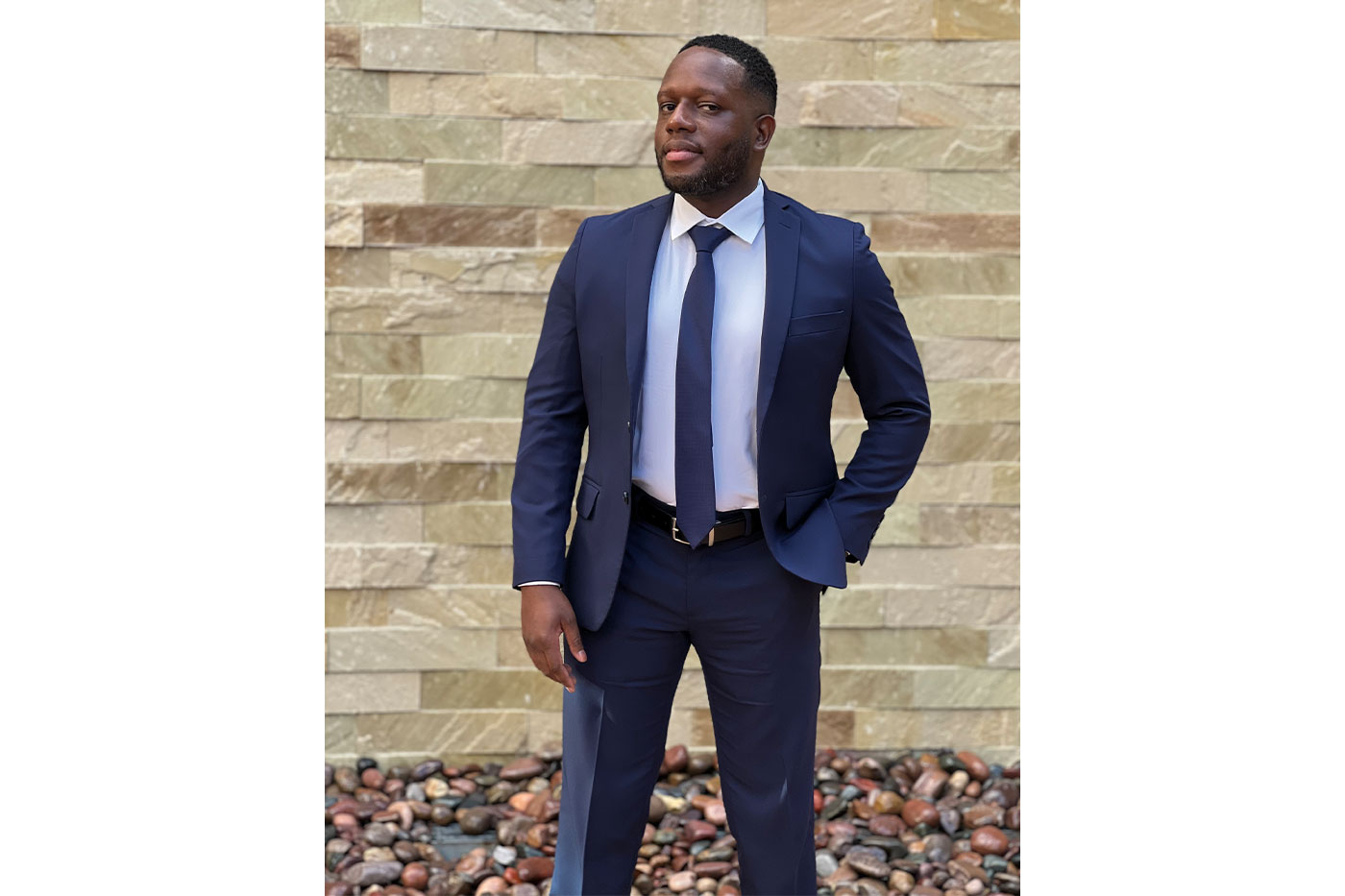
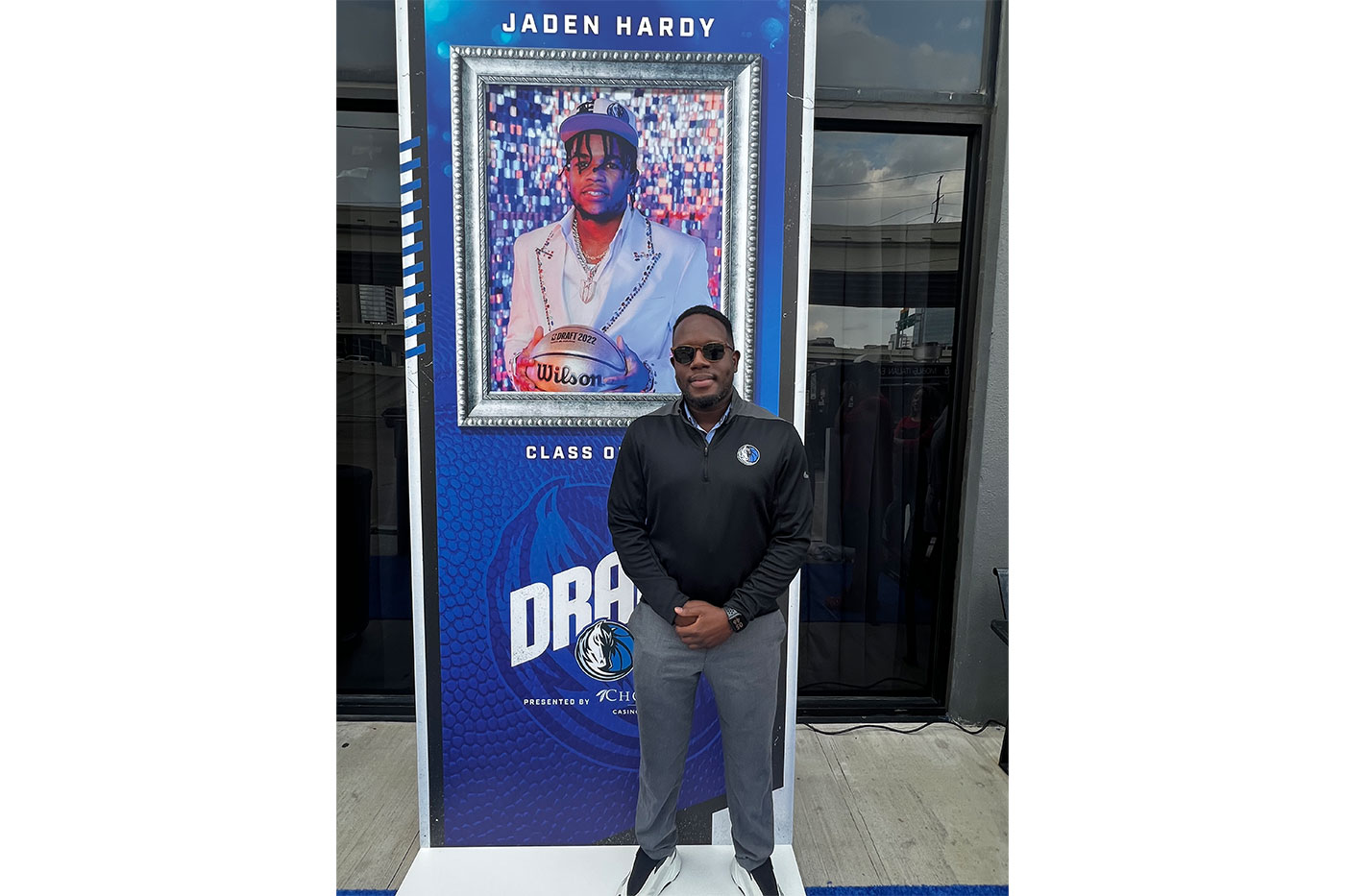
George emphasized how customizable the completion program can be, beginning with the microcredential requirement. Microcredentials allow degree completion students to enroll immediately, start for free and ease back into their academic journey with 4-week courses led by Texas Tech faculty that earn a digital badge and are convertible to credit.
His approach was to immediately dive into them, take two courses at a time and complete the microcredentials rapidly. He is quick to say that being unemployed allowed him to focus on them a little more than other students might be able to. But he wants to encourage people who might be on the fence about doing the program and are navigating things like families, work, caretaking for elders and more.
“It was great to just be immersed among cohorts and peers who are all so understanding,” George added. “That, outside of school, there’s an entire life being led.”
Completion and Cohort Connections
The people George describes comprise an enormous pool of adult learners both regionally and nationally who might benefit from Texas Tech’s degree completion program. According to Hanover Research in a report for the university, more than 1 million individuals in the Dallas statistical area fall under the “some college, no degree" category, and nearly 70 percent of those have one or more years of college credit but no degree.
Another report from the National Student Clearinghouse shows 40.4 million adult learners nationally with some college credit but no degree.
Bonnie Cordell, Texas Tech Online senior director of microcredentials, knows Texas Tech’s offering of completing a degree for as little as $10K – individual circumstances may vary – could be a benefit to countless numbers of these would-be graduates. And she stresses that interested students do not have to be former Red Raiders to enter the program. All students who meet the criteria are welcome.
Among those 100 or so adult learners enrolled in the completion program are nearly 30 who have completed the required microcredentials and have been admitted to Texas Tech.
“We’ve been so impressed by these students, their enthusiasm, and their drive to complete their degrees,” Cordell said. “So many of them have told us how much this program means to them and that they have just been waiting for an opportunity like this.”
George and Christie are two of those nearly 30 students, and they are actually friends now, having been in the same in-person discussion group for their four on-site microcredential courses. They each wasted no time in expressing mutual admiration for the other.
“Christie is the best,” exclaimed George, when he found out their stories would be intertwined. “I admire her knack to unearth new details and information. She steps back and evaluates circumstances and brings new ideas to the fold. Christie also has a great sense of humor and does not mess around. I understand she intends to graduate with her son, and I’ll be rooting for her. If schedules allow, I would love to be present for her when they both cross the stage.”
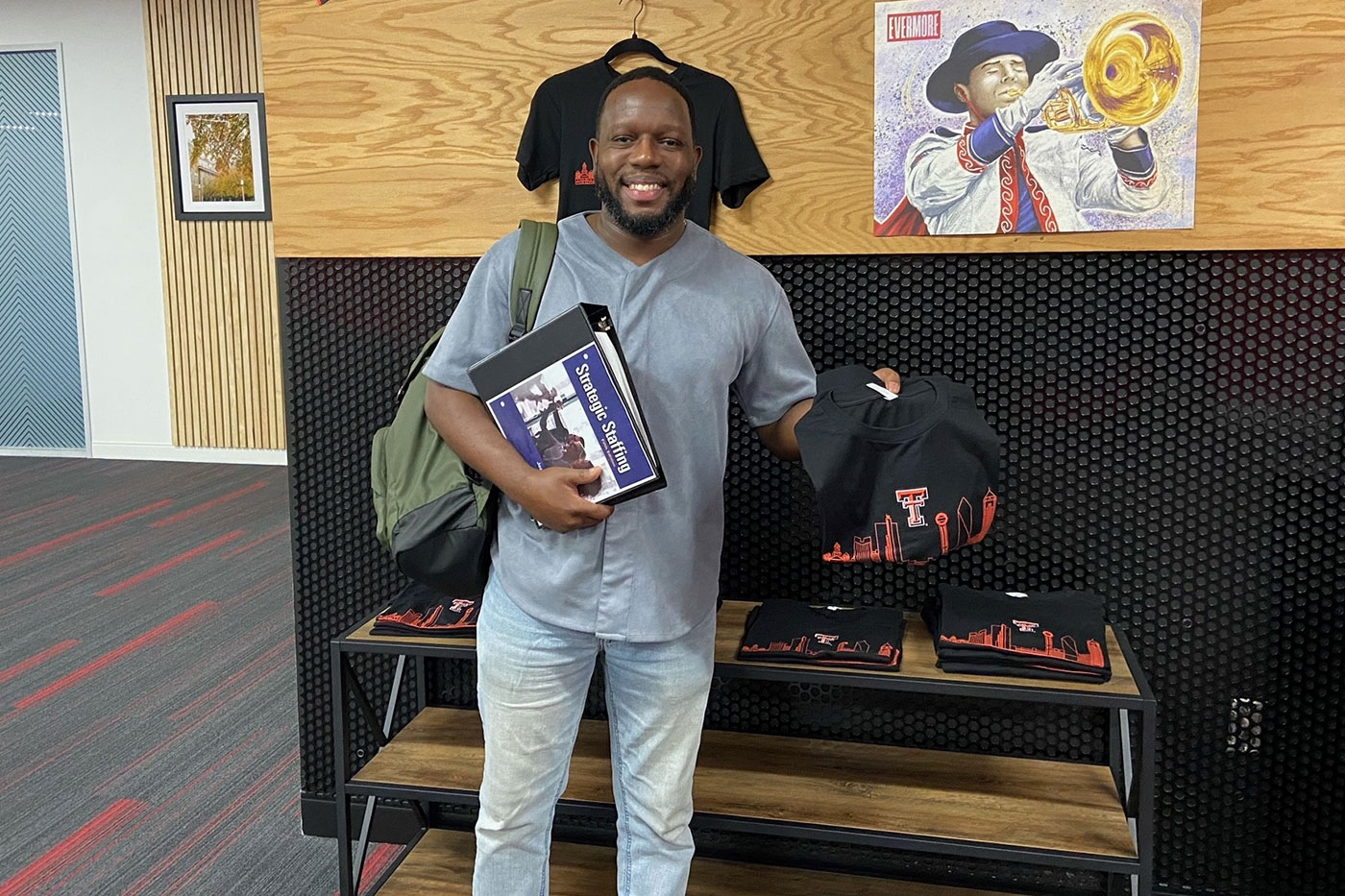
Christie sat next to George in the second session, sharing a worktable. She explained that anytime she got lost during the lecture, George would quietly flip her page and point her to the correct place.
“He could just see the confused look on my face and would jump in to help,” Christie recalled. “We called him ‘the scribe’ because during discussion group exercises, the rest of us would just rapid fire throw out ideas and content on the subject. When we ran out of time, we’d turn to George with a ‘Got that?’ look and a good laugh. He would read back the most eloquent description of our response like it came straight from the textbook.”
Advice and Advocacy
As Christie and George move from microcredentials to coursework to eventual completion, the two are already seeing positive results and ways to use what they’ve learned.
Recently George started a new position as a quality assurance manager with Pegasus Foods just outside of Dallas, working with a small team of quality assurance technicians and supervisors. The company is aware he is completing his final semester of undergrad online, and they’re very supportive.
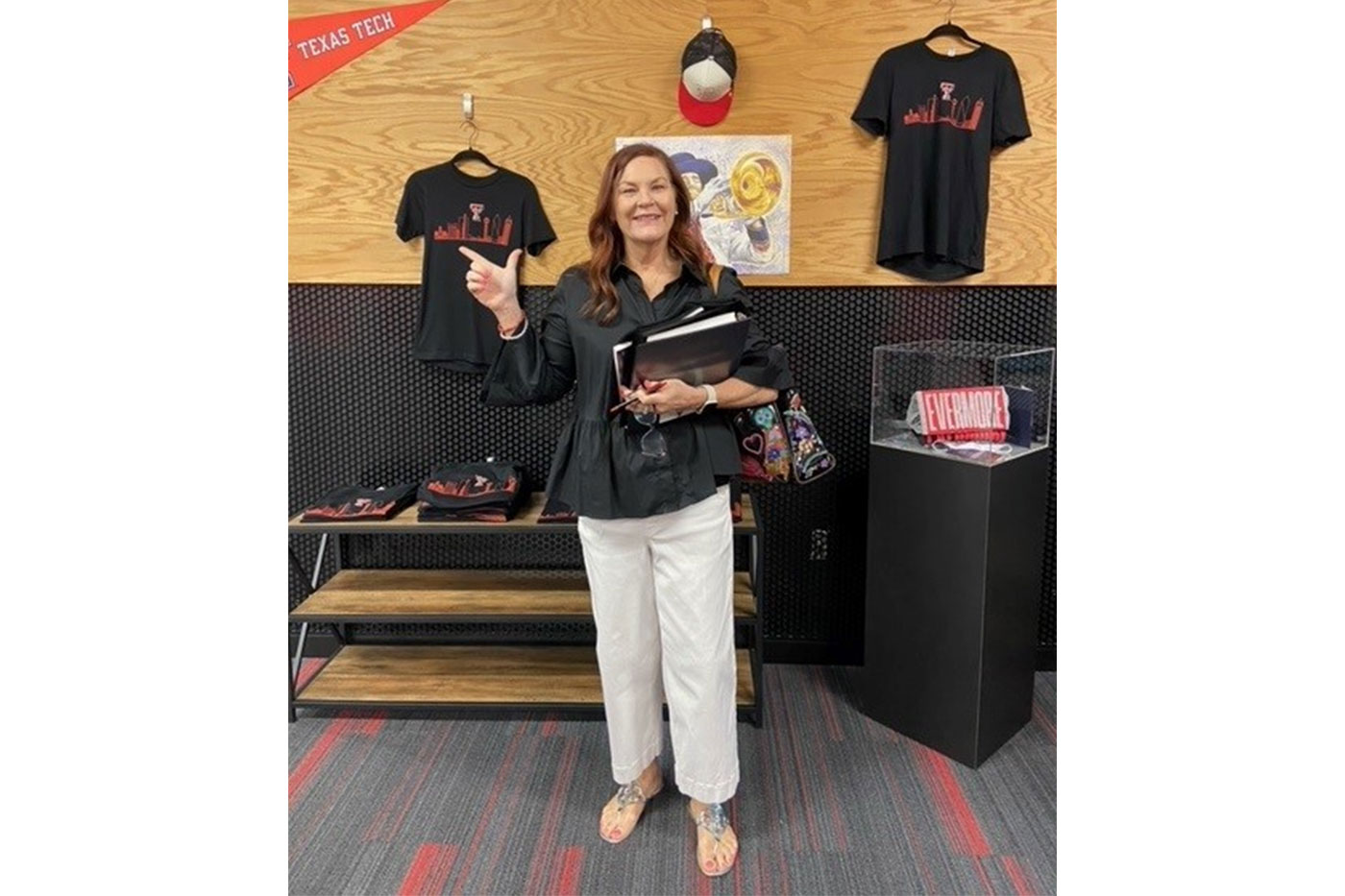
Not only does George value the ability to finish his own education, but from a spirit of stewardship, he’s excited for the opportunity to take what he’s learned and help other people who have also experienced some of those rock-bottom moments.
“This is really thrilling,” George said. “I would love to come back to the $10K program by perhaps being a speaker, either virtually or in person, for future cohorts.”
At this point Christie has no intention of making any big career moves because of her achievement, although she mentioned moving from real estate agent to broker would now be possible having completed the degree. She does have advice for those who might be wrestling with whether to pursue the elusive accomplishment of finishing their bachelor’s degree.
“Don’t let fear hold you back from things you want to achieve,” she said matter-of-factly. “I think I really did let fear keep me from just finishing the job.”

